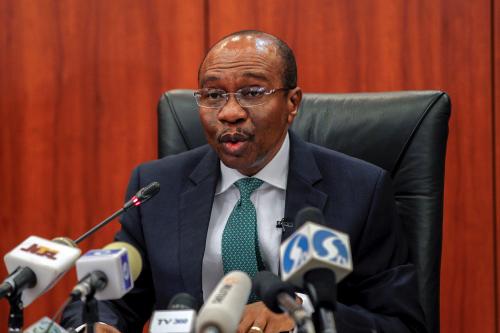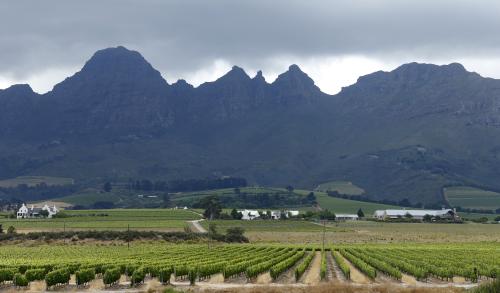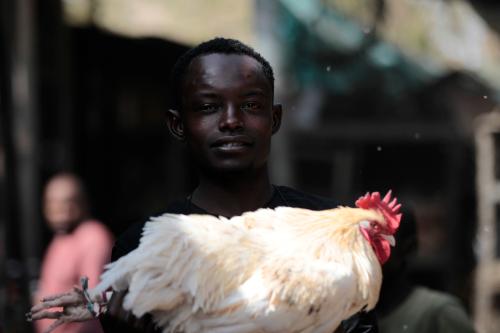South Africa’s agricultural AGOA benefits hinge on timely import of U.S. poultry
On Monday, January 11, President Obama issued a proclamation stating that agricultural products from South Africa would be suspended from eligibility within the Africa Growth and Opportunity Act (AGOA) as of March 15, 2015—thereby revoking its duty-free status offered under the U.S. import program. This proclamation was issued despite the fact that a deal was reached between South Africa and the U.S. on January 7 to resolve the technical issues on safety standards preventing South Africa from importing beef, pork, and poultry products from the U.S. Thus, as agreed in the negotiations, the South African Department of Trade and Industry released a statement shortly after the U.S. proclamation, clarifying that the suspension of AGOA agricultural benefits would be immediately lifted upon the first shipment of U.S. poultry accepted by South Africa.
Since December 2014, South Africa has restricted or banned certain U.S. meat imports due to insufficient animal health and food safety standards. The recent deal allows U.S. meat products to enter the South African market provided that they meet the newly agreed upon standards; for example, U.S. poultry imports must follow protocols for salmonella testing and controlling the risk of transmission of Highly Pathogenic Avian Influenza (HPAI), while risk mitigation measures must be taken for beef and pork imports as well. A U.S. Trade Representative spokesperson said on Tuesday that thanks to the deal, officials can begin “testing the new system to make certain American poultry can be made available on store shelves in South Africa.”
Fall in oil prices takes a toll on Nigerian stock market
Nigeria’s stock index, the second-biggest weighting on the MSCI frontier market index, hit a three-and-a-half-year low this week. The reaction was triggered by the continuing fall in oil prices which fell below $30 a barrel this week and exacerbated further by Nigerian central bank’s exchange rate management policies. Faced with falling external reserves, the Central Bank of Nigeria (CBN) announced that it will halt all U.S. dollar sales to forex bureaus and that local banks will be able to accept dollar deposits. Last year, the CBN implemented a number of currency controls aimed at reducing the flow of hard currency out of the economy, including limiting the availability of dollars for importers of a range of goods. These steps had been placed to keep the naira strong but have resulted in large instability in the market. Just last week Christine Lagarde, the managing director of the International Monetary Fund, called for more flexibility in the exchange rate market during her visit to Nigeria.
In related news, to finance its $11 billion budget deficit, Nigeria is planning to return to international bond markets. The government is also expecting an emergency meeting of the OPEC nations in the spring to discuss the plunge in oil prices.
Netflix’s arrival in Africa raises concerns for the video-on-demand industry
Last week, Netflix—a U.S. based video streaming service—extended its services in a 130 additional countries, including all 54 African countries. The service is set to attract Africa’s growing middle class, estimated at around 313 million people, according to a 2011 report from the African Development Bank.
The launch of Netflix in the continent might create a healthy competitive environment for video-on-demand services. Prior to its arrival, consumers had voiced concerns over the lack of options in the video-on-demand market, which created a monopoly and sparked high prices. The move has, however, raised concerns regarding the fate of the existing video streaming companies. The heads of such video-on-demand companies, though, remain optimistic given the exclusivity of the content they deliver and their claim that the market is large enough to accommodate several video streaming services.
The Brookings Institution is committed to quality, independence, and impact.
We are supported by a diverse array of funders. In line with our values and policies, each Brookings publication represents the sole views of its author(s).






Commentary
Africa in the news: South Africa’s AGOA problems, Nigerian economy’s struggles, and Netflix’s African launch
January 15, 2016